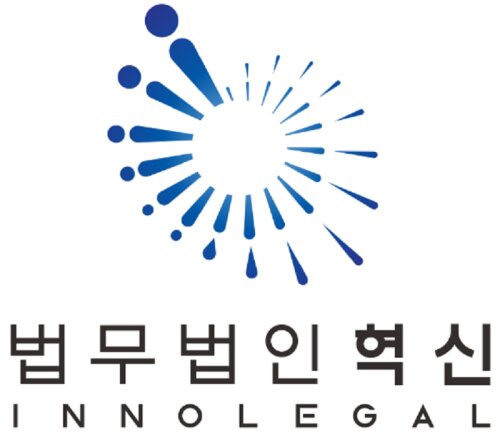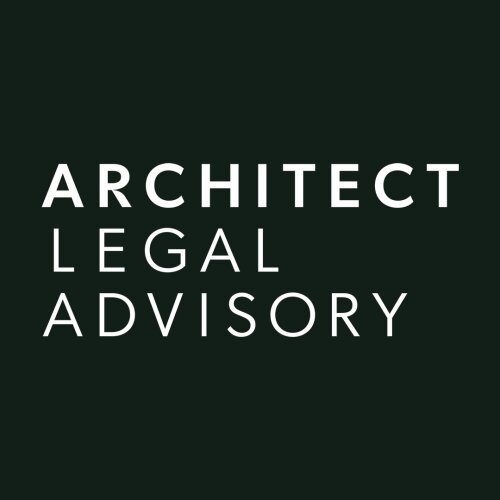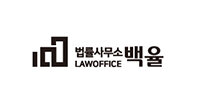Best Private Equity Lawyers in South Korea
Share your needs with us, get contacted by law firms.
Free. Takes 2 min.
Or refine your search by selecting a city:
List of the best lawyers in South Korea
About Private Equity Law in South Korea
Private equity (PE) in South Korea refers to investment activities where funds and investors directly invest in private companies or conduct buyouts of public companies, resulting in their delisting from public stock exchanges. Over the past decade, South Korea’s private equity market has grown rapidly, driven by strong capital inflows, active mergers and acquisitions (M&A), and high demand for business restructuring. Private equity activities are regulated and monitored by governmental authorities to protect investors and promote transparency. The sector is largely governed by the Financial Investment Services and Capital Markets Act (FSCMA) and overseen by the Financial Services Commission (FSC). South Korea welcomes both domestic and foreign private equity investment, yet there are specific rules and structuring requirements unique to the Korean legal landscape.
Why You May Need a Lawyer
Engaging a legal expert is crucial when dealing with private equity transactions in South Korea. Legal professionals provide invaluable guidance in situations such as:
- Structuring a private equity fund or investment vehicle
- Conducting due diligence on target companies
- Drafting and reviewing complex legal documents and contracts
- Navigating regulatory compliance and reporting obligations
- Handling negotiations for mergers, acquisitions, or exits
- Resolving disputes between investors, general partners, or portfolio companies
- Understanding foreign ownership restrictions and cross-border investment rules
- Managing tax considerations and optimal investment structures
- Ensuring anti-money laundering and anti-corruption compliance
Given the complexity of Korean private equity law and the potential for significant financial and reputational risks, legal support is highly recommended for both local and international parties.
Local Laws Overview
Private equity funds and transactions in South Korea are primarily governed by the Financial Investment Services and Capital Markets Act (FSCMA) and enforced by the Financial Services Commission (FSC) and the Financial Supervisory Service (FSS). Here are key legal aspects:
- PEF Registration: Private equity funds (PEFs) must be registered with the FSC. There are specific requirements for fund managers, investor qualifications, and fund structure, often requiring a minimum threshold for committed capital and investor eligibility.
- Types of Funds: South Korea recognizes various fund structures, such as management-type PEFs (similar to limited partnerships) and collective investment schemes, each with its own compliance framework.
- Investment Restrictions: The law restricts certain fund activities, such as limits on investments in real estate, distressed debt, or infrastructure projects, unless specific conditions are met.
- Disclosure and Reporting: PEFs are required to make regular reports to the FSC and FSS, maintain transparent records, and adhere to audit requirements.
- Foreign Investment Rules: Foreign investors must comply with the Foreign Investment Promotion Act (FIPA), which outlines benefits, filing requirements, and limitations on foreign ownership in certain sectors.
- Taxation: Tax treatment for private equity funds, managers, and investors can be complex, involving both corporate and personal tax considerations.
Failure to comply with these laws can result in penalties, enforcement action, or invalidation of the fund structure.
Frequently Asked Questions
What is a private equity fund in South Korea?
A private equity fund in South Korea is a pooled investment vehicle, typically registered with the FSC, that raises capital from qualified investors to invest in unlisted companies or conduct buyouts, often for restructuring and growth purposes.
Who can invest in a Korean private equity fund?
Generally, private equity funds in South Korea are open to qualified investors, such as institutional investors, high net worth individuals, or other entities meeting certain financial standards set by law.
What are the main regulations governing private equity?
The Financial Investment Services and Capital Markets Act (FSCMA) is the principal law regulating private equity activities. Additionally, the Foreign Investment Promotion Act and related tax laws may apply.
Do foreign investors face any restrictions?
Foreign investors are generally allowed to participate, but there are sector-specific ownership limits, reporting requirements, and approval processes, particularly in industries deemed sensitive to national interests.
What steps are required to establish a private equity fund?
Establishing a PEF involves registration with the FSC, appointing a legally qualified fund manager, meeting capital requirements, drafting a fund agreement, and ensuring compliance with disclosure obligations.
What are the common exit strategies in South Korean private equity?
Exits typically include trade sales, initial public offerings (IPOs), secondary sales to other funds, or management buyouts, depending on market conditions and the portfolio company’s performance.
How are private equity disputes resolved?
Disputes may be settled through negotiation, mediation, arbitration, or litigation, depending on the terms of the investment agreement and the preferences of the parties involved.
Is due diligence mandatory for private equity transactions?
While not legally mandated, thorough due diligence is standard practice and essential in identifying legal, financial, and operational risks in target companies prior to investment.
What are the tax considerations for private equity in Korea?
Tax issues can vary depending on the fund structure, investor status, and nature of returns. Legal advice is recommended to optimize tax efficiency and compliance with Korean tax laws.
Can a foreign fund manager operate a private equity fund in South Korea?
Yes, but foreign fund managers must register with local authorities, comply with Korean legal requirements, and may be subject to additional restrictions based on the fund’s structure and target investments.
Additional Resources
To support your research and legal needs regarding private equity in South Korea, consider consulting the following resources and organizations:
- Financial Services Commission (FSC) - Main regulatory body for financial services and investment funds
- Financial Supervisory Service (FSS) - Supervises compliance and audits financial activities
- Ministry of Justice - Oversees general corporate and foreign investment law
- Invest Korea - National investment promotion agency providing guidance for foreign investors
- Korea Venture Capital Association (KVCA) - Industry organization for private equity and venture capital
- Korea Financial Investment Association (KOFIA) - Professional association for investment companies
- Private legal and accounting firms specializing in private equity and cross-border investments
Next Steps
If you are considering involvement in a private equity transaction or fund in South Korea, follow these steps:
- Assess your goals and investment interests to determine the most suitable fund structure or investment strategy.
- Identify licensed and reputable legal professionals with expertise in private equity and Korean financial regulations.
- Prepare your due diligence checklist, including documentation on your finances, target companies, and regulatory obligations.
- Consult with a lawyer early in the process to identify compliance issues, structure the transaction, and draft necessary agreements.
- Contact the relevant regulatory authorities or industry associations if you require advice on registration or compliance requirements.
- Regularly review legal and tax developments to keep your investment compliant and optimized for efficiency.
Starting with qualified advice and thorough planning will help you navigate the complex private equity landscape in South Korea and achieve successful investment outcomes.
Lawzana helps you find the best lawyers and law firms in South Korea through a curated and pre-screened list of qualified legal professionals. Our platform offers rankings and detailed profiles of attorneys and law firms, allowing you to compare based on practice areas, including Private Equity, experience, and client feedback.
Each profile includes a description of the firm's areas of practice, client reviews, team members and partners, year of establishment, spoken languages, office locations, contact information, social media presence, and any published articles or resources. Most firms on our platform speak English and are experienced in both local and international legal matters.
Get a quote from top-rated law firms in South Korea — quickly, securely, and without unnecessary hassle.
Disclaimer:
The information provided on this page is for general informational purposes only and does not constitute legal advice. While we strive to ensure the accuracy and relevance of the content, legal information may change over time, and interpretations of the law can vary. You should always consult with a qualified legal professional for advice specific to your situation.
We disclaim all liability for actions taken or not taken based on the content of this page. If you believe any information is incorrect or outdated, please contact us, and we will review and update it where appropriate.
Browse private equity law firms by city in South Korea
Refine your search by selecting a city.
















